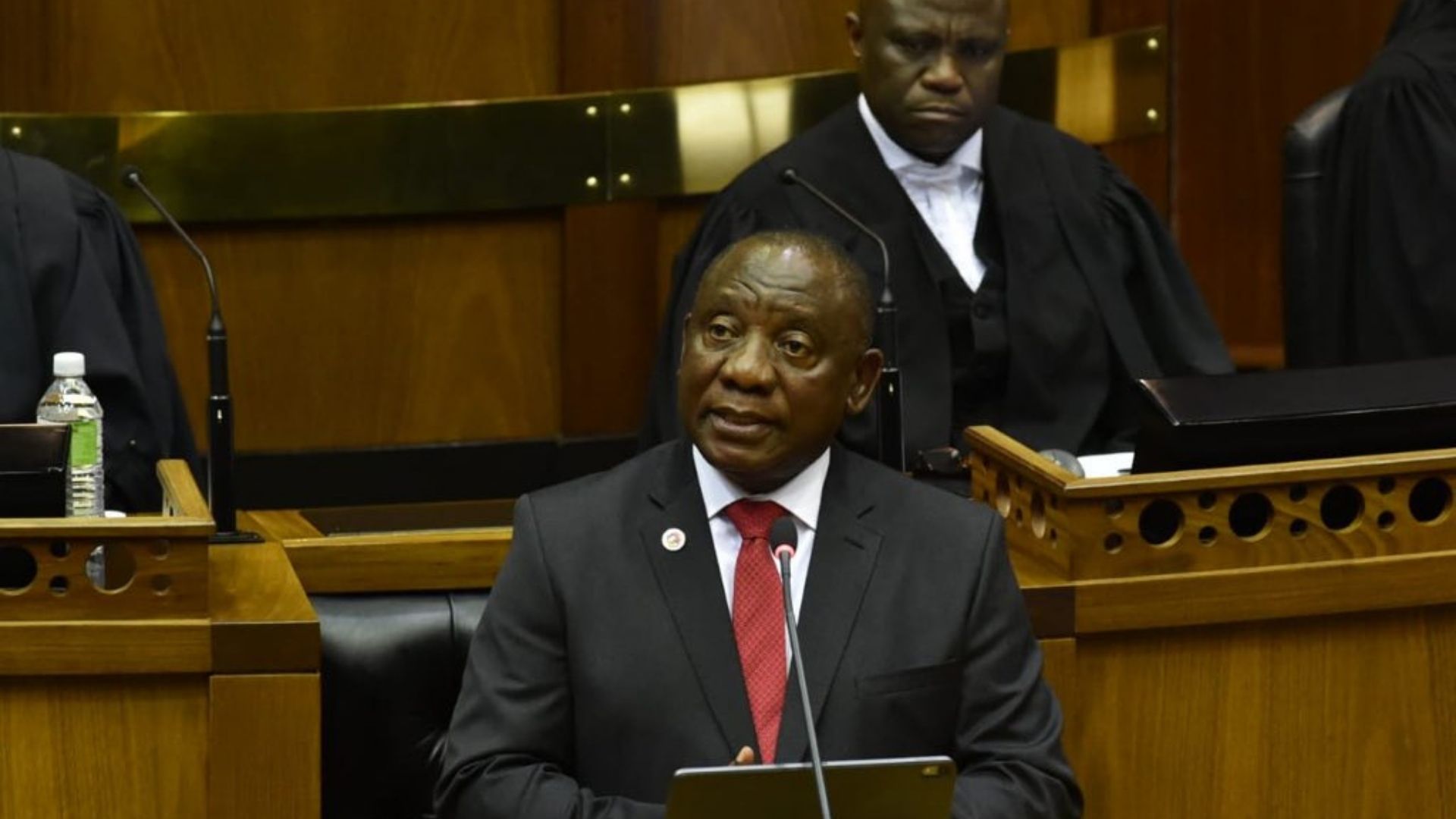With only ten years to go to 2030, the President said heroic effort will be needed to achieve the goals set out by the National Development Plan (NDP) due to be achieved by then.
He identified seven priority areas for the next five years, specifically focussing on economic transformation, job creation and education.
NEASA-ChiefExecutive,GerhardPapenfus
says
“I cannot fault anything
that the President said in his SONA address last night. It is full of great,
ambitious ideas and contains an extensive list of steps to be taken in order to
fix our severely distressed society. There’s nothing wrong with the President
setting the bar high; for his cabinet, for government officials and the
citizenry. However, it is in the execution where the challenge lies,’ he says.
Papenfus says there
needs to be an overhaul in the implementation of strategies.
“If we continue to make the same mistakes, the outcomes won’t change. Unless
fundamentals are changed, the outcomes won’t change. Does the President have
the political capital and overall administrative support to bring about structural
changes and remove policy and legislative hindrances?”
He questions whether the
President has sufficient backing from the executive and the ANC to realise his
SONA goals.
“The President’s biggest challenge will
be to convince his own cabinet, and Party, to join him on this path of
constructive reform. Especially taking into account that he is operating within
a seemingly deeply divided ANC interspersed with powerful individuals who do
not necessarilyshare his vision.”
Papenfus also reacted to the President’s stance on unemployment, especially
amongst the youth.
Ramaphosa said South
Africa’s struggling economy must be a priority, including the 50% youth
unemployment rate which he called a crisis.
“The President acknowledges that unemployment, especially youth unemployment,
is at totally unacceptable levels. However, without changing the fundamentals
that have caused unemployment in the first place, the trajectory of
unemployment, which is currently on an upward curve, will simply continue to its
devastating conclusion.”
On land reform, Papenfus says the President’s approach might indicate that
there is an acceptance of certain realities. Ramaphosa said a recently complete
report by the Presidential Advisory Panel on Land Reform and Agriculture will
inform the country’s land reform programme
“His emphasis on accelerated efforts to identify and release public land that
is suitable for smart, urban settlements and farming, is encouraging. His
confirmation of the importance of property rights and security of ownership is
reassuring. However, to what extent the report by the Presidential Advisory
Panel on Land Reform will support these notions remains to be seen.”
Papenfus says the fact that the President has dusted off the almost forgotten
National Development Plan, is good news.
“This in itself is a very ambitious,
albeit very worthy, cause; a project where the full participation of every
citizen will be required. The President is correct when he states that
‘extraordinary measures’ will be required if the vision of the NDP is to be
realised by 2030.”
Papenfus says the only way to ensure economic growth and development will be
through foreign direct investment. However, he says much more needs to be done
to create a conducive climate for investors.
“The President admits that much more has to be done to improve the current
investment climate.
The one prominent
deterrent to investment is Broad Based Black Economic Empowerment (B-BBEE).
Investors are simply not interested in investing under this dispensation.”
Skills development, especially amongst public servants must also remain a
priority.
“In order to implement his ambitious plans, the President admits that he will
need skilled and professional public servants of the highest moral standards. What
he will also need are many dedicated and enthusiastic public servants. There
are currently not an abundance of those.”
Papenfus has welcomed the President’s emphasis on education. The President
noted that the current interventions to improve basic education, provide free
higher education for the poor and improve further-education colleges will not
produce results unless children can read. A national reading coalition will
therefore be launched where all foundation and intermediate-phase teachers will
be trained to teach reading in English and the African languages.
“However, changing current educational
structures, poor quality and unenthusiastic educators, protected by a
destructive South African Democratic Teachers’ Union (SADTU) will be a mammoth
task which will require a huge amount of political will and courage.”
In conclusion, Papenfus says there is enough in the President’s speech to
inspire each and every citizen to get involved in this national ‘building’
project.
Opinion submitted by NEASA-CEO, Gerhard Papenfus.
Image (Pres Cyril Matamela Ramaphosa although the ‘dream’ lives on, labour has welcomed his SONA made last night).

